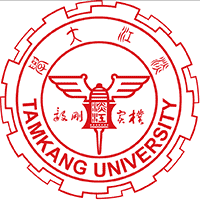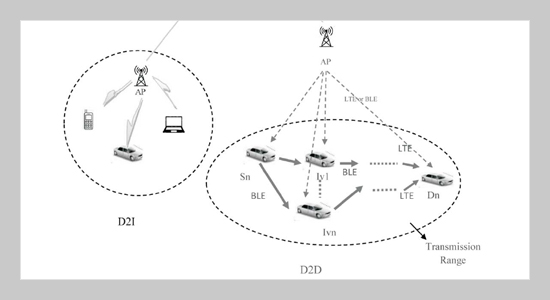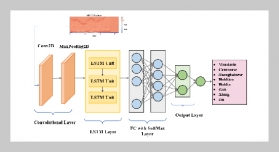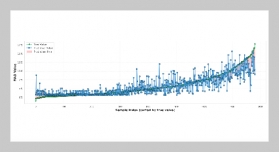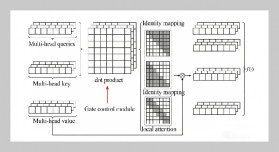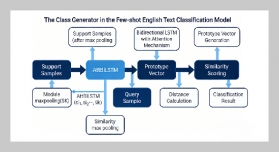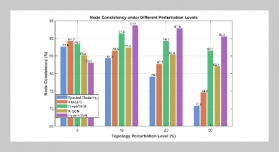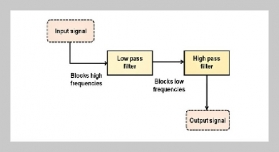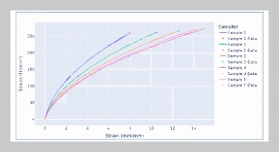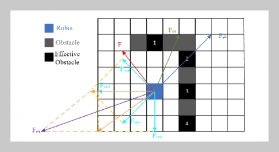S.Uma This email address is being protected from spambots. You need JavaScript enabled to view it. and P.Sarasu Department of Computer Science and Engineering, Veltech Rangarajan Dr.Sakunthala R&D Institute of Science and Technology, Avadi, Chennai, India
Received:
May 30, 2019
Accepted:
November 22, 2019
Download Citation:
||https://doi.org/10.6180/jase.202003_23(1).0012
The swift uptake and the advancing demand of wireless services cause unparalleled requirements on wireless networking environment. Upcoming wireless networks have to sustain accelerating wireless traffic volumes with higher data rate and wide range of network coverage to increase user experience. Accelerating higher data rate for unmanned vehicle node can be performed using Long Term Evolution. However, in wireless networks, it is not possible for unmanned vehicle node to be connected directly to LTE all the time. Also, as substantial fragment of energy is utilized during data transmission, methods are required to minimize power consumption. To address these issues in this work, an immense investigation between power saving methods and QoS support, called, Power-efficient Proximate Linear Regression and Relay-propagated Deep Learning (PPLR-RDL) framework is designed for improving data transmission rates and quality of service in wireless networks. The efficiency of PPLR-RDL framework is estimated in terms of average end-to-end delay, energy consumption, packet delivery ratio and latency and compared with the existing methods.ABSTRACT
Keywords:
Long Term Evolution, Deep Learning, Nearest Neighbour, Relay Propagation
REFERENCES
